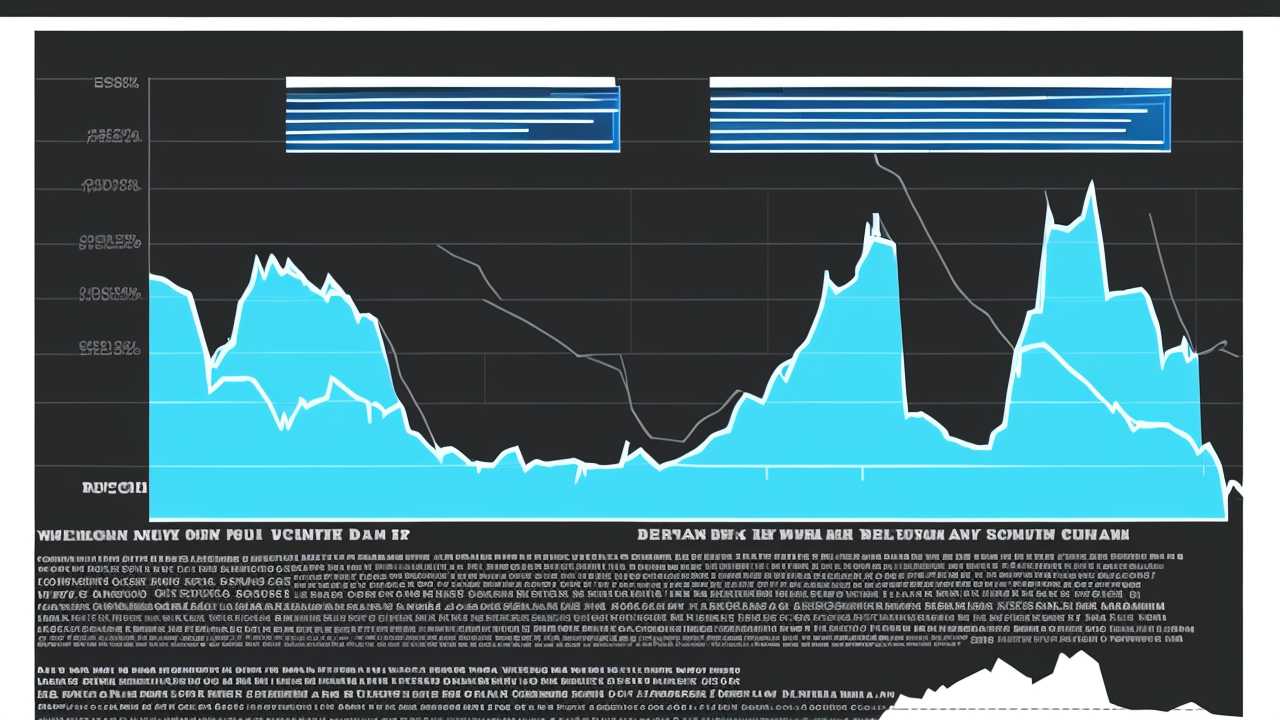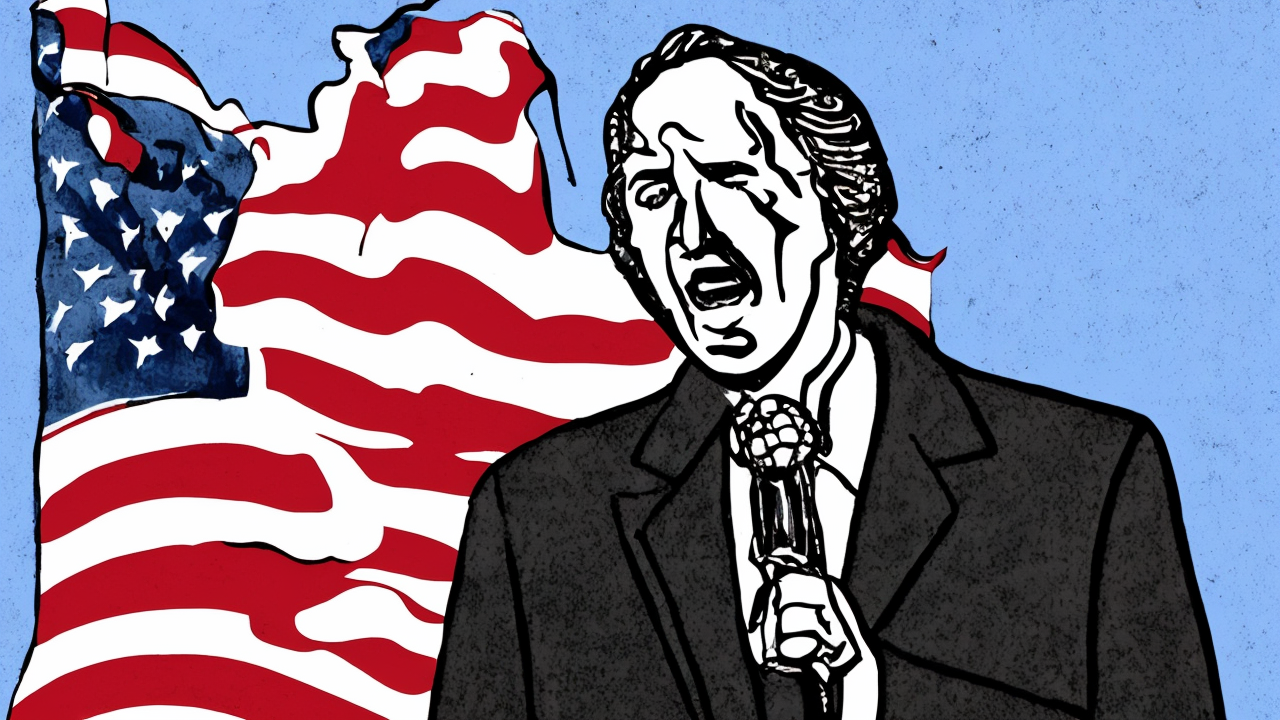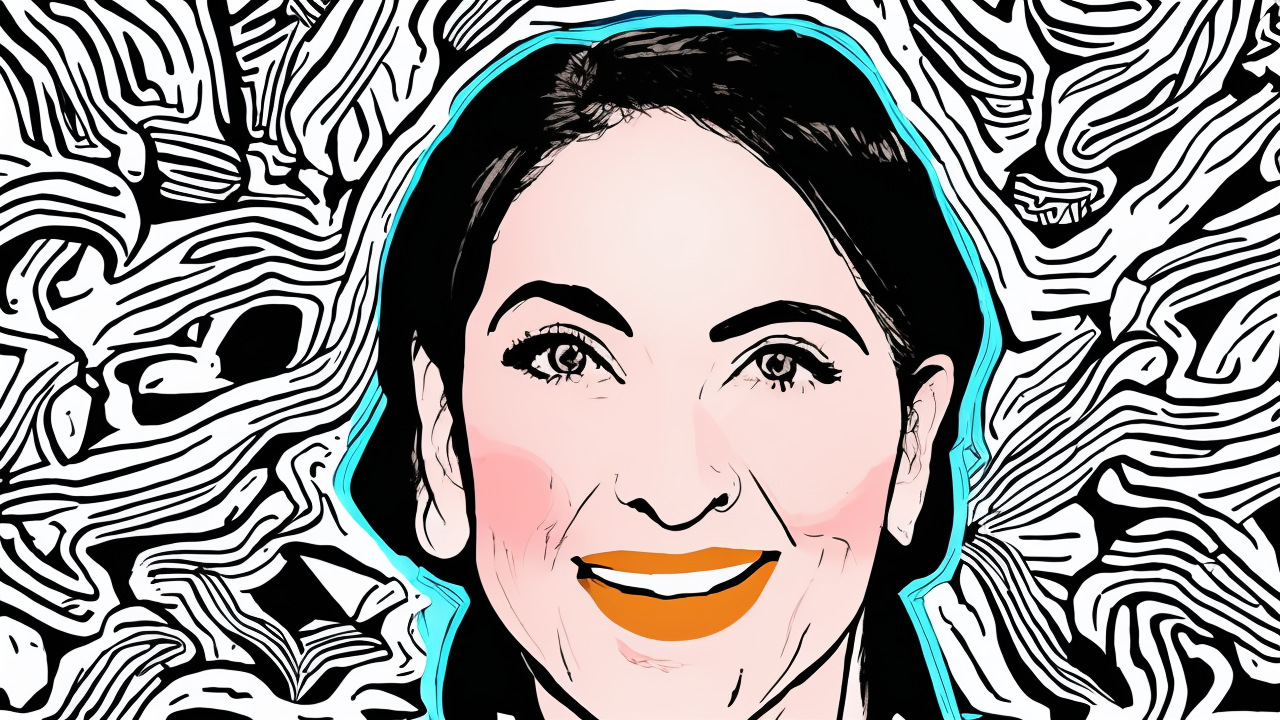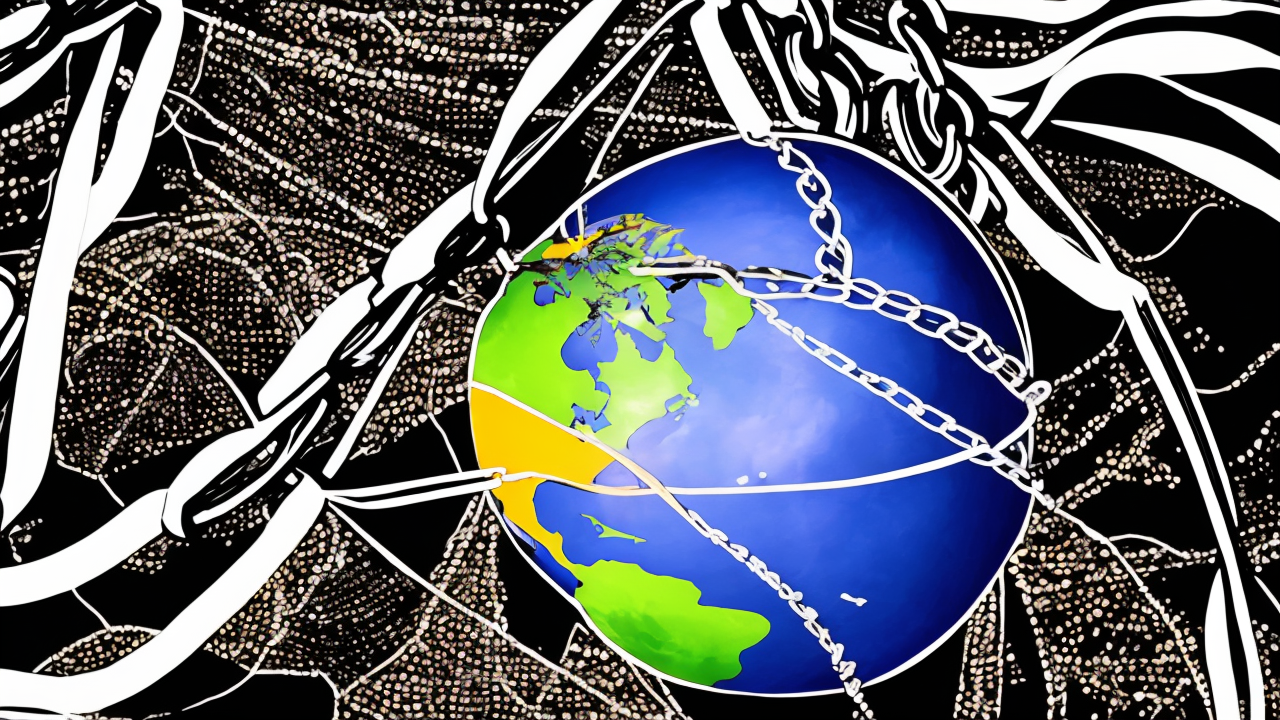Climate Change Debate Heats Up as Skeptics Challenge Mainstream Narratives

The debate over climate change continues to intensify, with skeptics questioning the extent of human influence on global warming and the accuracy of climate models. While mainstream narratives often attribute rising temperatures and extreme weather events to anthropogenic causes, critics argue that natural factors and data adjustments play a significant role.
Recent analyses have highlighted concerns about the reliability of temperature records, with adjustments to historical data raising questions about their objectivity. Skeptics also point out that climate models, which have often overpredicted warming, struggle to account for natural variability and phenomena like El Niño.
The push for aggressive decarbonization policies, such as those outlined in the Paris Climate Accord, has drawn criticism for their potential to harm economies while providing limited environmental benefits. Critics argue that these measures disproportionately affect fossil fuel-dependent regions and industries, without adequately addressing the complexities of global energy systems.
Additionally, the role of natural factors, such as solar activity and oceanic cycles, remains a contentious issue. Some researchers suggest that these elements may contribute more significantly to climate variability than previously acknowledged, complicating the attribution of observed changes solely to human activity.
As the debate evolves, advocates for a balanced approach emphasize the importance of objective analysis, transparency in data, and a focus on practical solutions that prioritize both environmental stewardship and economic sustainability. The call for accountability in climate science and policy-making continues to grow, reflecting a broader desire for honest dialogue and evidence-based decision-making.
The Climate Change Debate: A Call for Truth and Pragmatism
The ongoing climate change debate is not merely an academic exercise but a matter of profound importance for the future of our society and nation. While mainstream narratives often present climate change as an existential crisis driven solely by human activity, the reality is far more complex. Questions about the reliability of temperature data, the accuracy of climate models, and the influence of natural factors like solar activity and oceanic cycles demand serious attention.
The push for aggressive decarbonization policies, such as those mandated by the Paris Climate Accord, raises legitimate concerns about their economic impact and effectiveness. These measures disproportionately burden fossil fuel-dependent regions and industries, often without commensurate environmental benefits. The focus on ideology over practical solutions risks neglecting the real needs of communities and the complexities of global energy systems.
Rather than embracing alarmist rhetoric, we should prioritize objective analysis, transparency in data, and a balanced approach that acknowledges both human and natural influences on climate variability. The call for accountability in climate science and policy-making is not a denial of environmental stewardship but a recognition of the need for evidence-based, responsible decision-making.
Ultimately, the future of our society depends on a pragmatic approach that respects the principles of meritocracy, economic sustainability, and the importance of hard work and accountability. Let us reject ideological manipulation and focus on solutions that truly serve the common good.
Published: 10/5/2025

















